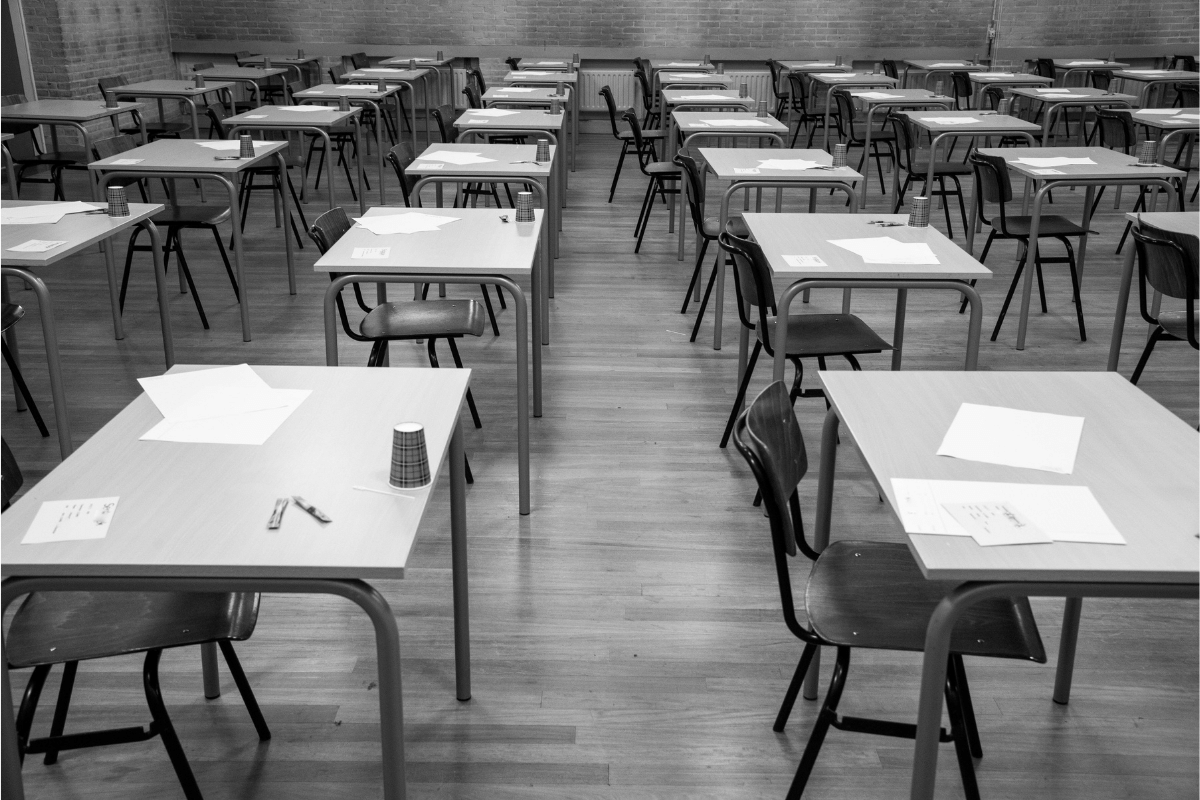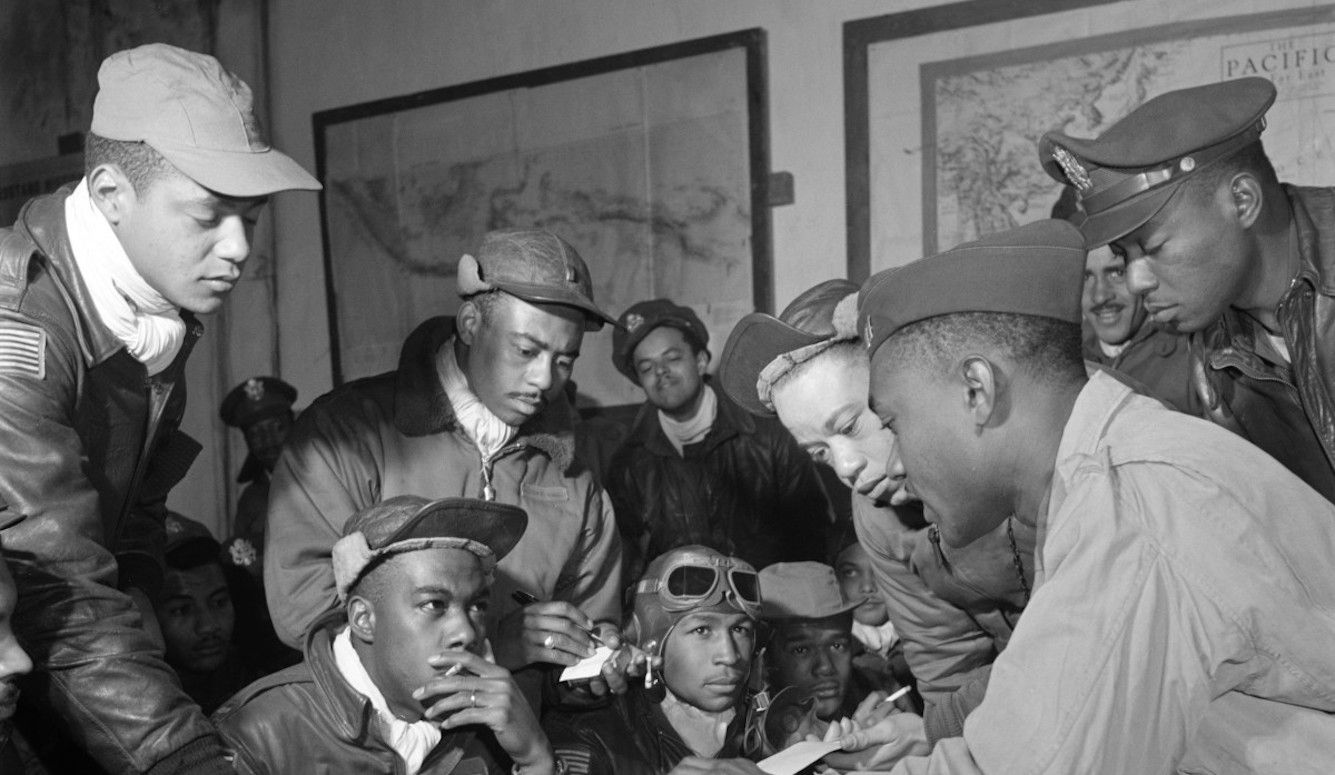Education
Black and White in the Classroom
I also needed to say that they had it all wrong, that the white privilege they were arguing about was actually opportunity and nothing else.

My palms were sweating, my heart was racing, and I avoided eye contact with everyone in that room, praying hard that my teacher would not call on me. And then, “Lola, what are your thoughts?” was said out loud.
I had many thoughts and ideas I knew needed to be spoken, stories I could share to change the narrative.
The last 90 minutes in math class that day were spent discussing and arguing topics of sexuality, education, race, and white privilege. My classmates are made up of Hispanic, white, Hawaiian, and bi-racial students, with the majority being white. I fall in the bi-racial category, my mom is white, my dad is black and I represented the only black “voice” in that room.
I listened as my classmates argued about what it’s like to live in a household that’s poor, or what happens to people who don’t have as many opportunities as a white person might have, or how a white person is so lucky that they don’t know the difference between fireworks and gunshots. The conversation escalated immediately to another classmate’s gay uncle and how he’s treated differently by her own family. Then just as quickly it escalated to bisexuality and then back to crimes and how prison sentences and race can affect getting a job.
It honestly was exhausting trying to follow the many topics and trains of thought. I had never experienced a math class as intense as it was that day. I had my own ideas but no one was calling on me and, being an introvert by nature, I am not one to just shout out my thoughts and feelings. I thought I was in the clear until the topic of “How do you think African-Americans are treated at this school?” came up.

All eyes were on me.
I could feel them waiting for me to answer but I felt as soon as I said anything it would only make things worse. The tension had been building between a few Hispanic girls, who felt they could argue the “black person” perspective on white privilege, and the rest of the white students. Everyone knew I was the only one who actually had the right to answer that question.
I know I have a unique voice because I have a close view into both the black and white worlds, but for some reason when my teacher asked for my thoughts, I went silent and replied, “No, I’m good.”
I wanted to share that when I walk through the hallways, people seem scared of me. I wanted to share that they assume I’m a good athlete or the one who could be blamed for all the bad behavior even though I’m reading a book and a white person is the one rolling a blunt in the corner. I wanted to say that even though I’m half-white and my mom is Irish, I am only perceived as black. I have never been assumed to be white, ever.
I also needed to say that they had it all wrong, that the white privilege they were arguing about was actually opportunity and nothing else. There was nothing wrong with someone being offered a free college education because their mother was a professor at the college. The student could be white, black, or Hispanic and that same opportunity would be presented because of the mother’s job. That makes it an opportunity, but for some reason it’s being perceived as white privilege because the student’s mom just happens to be white.
I wanted to argue that there is also a minority privilege. I feel that now, in the last decade, there are more opportunities for people of color than people who are white. I could get a job over a more qualified white person because I’m somebody of color and they need to have diversity within their corporation. There are so many scholarships and programs for minorities that we can take advantage of now that I know my dad didn’t have when he was my age.
I know I should have said all of these things, I felt them very strongly. I went home that day and immediately told my mom what happened in math class. I shared with her everything I wanted to say and told her I regretted not opening my mouth. I realized I didn’t trust my instincts to share my own personal opinions.
My mom gave me great advice. She said, “Your voice is the one thing no one can ever take away from you, find the strength to always share it.” She was right. I think about my math class that day often and know that if I’m ever asked again, “Lola, what are your thoughts?”, I will have plenty to say.






